A drone strike apparently carried out by Niger’s military killed 17 civilians, among them children, in western Niger last month, Human Rights Watch said Monday. Niger is plagued by jihadist violence in the western Tillaberi
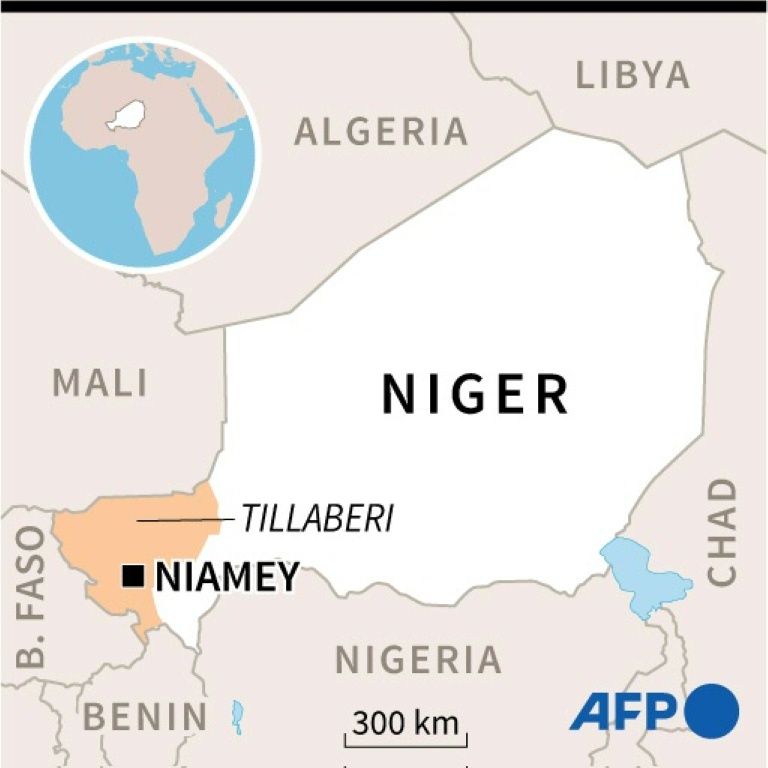

A drone strike apparently carried out by Niger’s military killed 17 civilians, among them children, in western Niger last month, Human Rights Watch said Monday. Niger is plagued by jihadist violence in the western Tillaberi
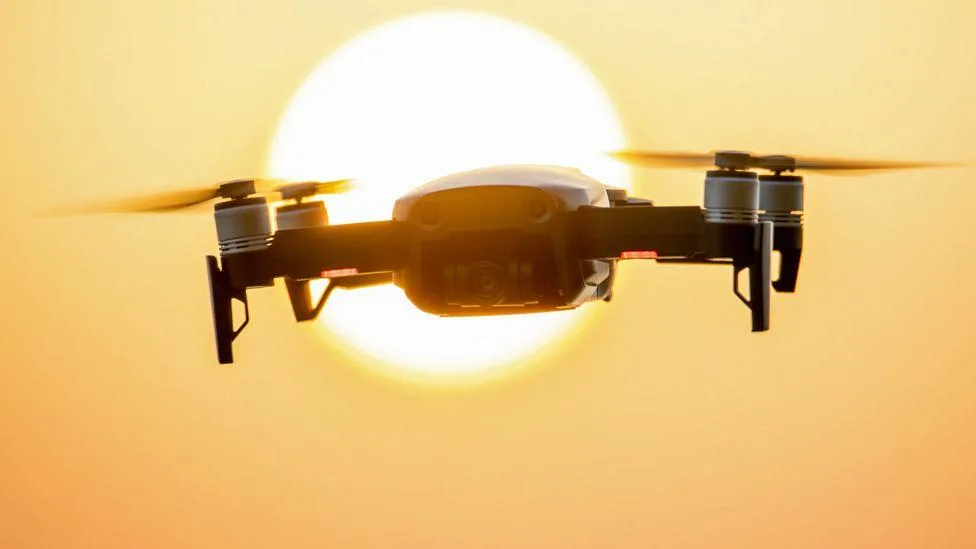
Jihadist groups are increasingly carrying out drone strikes in West Africa, raising alarm that they are building the capacity to wage a “war from the skies”. A leading violence monitoring organisation, Acled, has recorded at

A drone attack by a notorious paramilitary group hit a vehicle carrying displaced families in central Sudan on Saturday, killing at least 24 people, including eight children, a doctors’ group said, a day after a
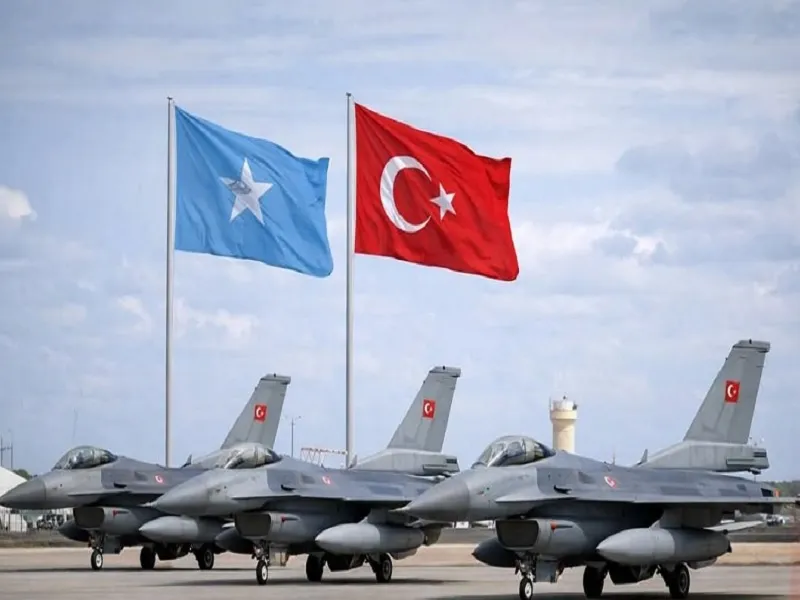
It’s plausible that this is part of Turkiye’s preparations for a campaign against Somaliland carried out under the banner of the nascent “Islamic NATO” that’s rapidly forming around Saudi Arabia. The Middle East Eye reported
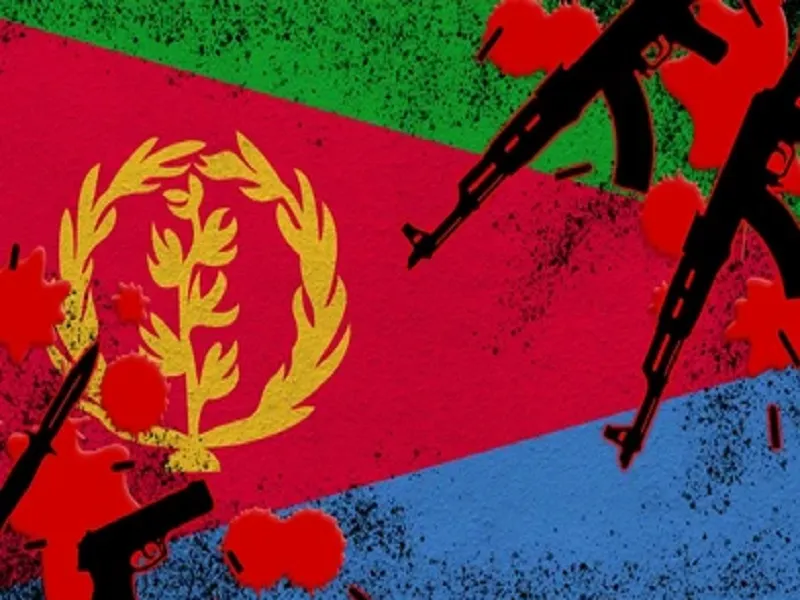
He probably wanted to remind them of Eritrea’s genocidal intent during the latest conflict in an attempt to dissuade civilians from siding with the same forces who sought to exterminate them amidst rising tensions between

Au Niger, une attaque dans la région de Tillabéri a eu lieu mercredi 4 février. Les assaillants ont visé une position des forces de défense et de sécurité nigériennes à Makalondi, à 90 km de
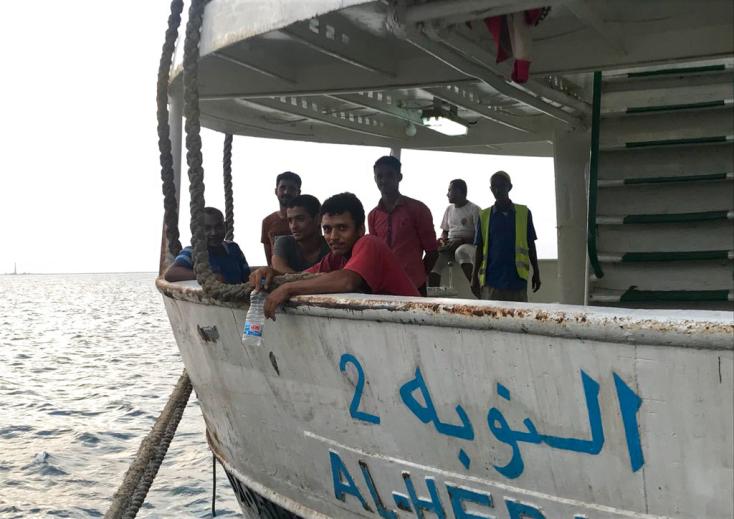
La Corne de l’Afrique s’impose comme l’un des nouveaux “terrain d’affrontement” de la compétition stratégique entre Émirats arabes unis, Arabie saoudite, Israël et puissances régionales. Une lutte d’influence qui fragilise des États déjà instables et

Key Takeaways: Nigeria. Likely Boko Haram militants massacred at least 170 civilians in northwestern Nigeria in one of the deadliest attacks in Nigeria in recent years. The militants were likely part of the Boko Haram

Military source says combined troops of 273 Task Force Tank Battalion and 29 Task Force Brigade apprehended a suspected ISWAP/JAS logistics supplier at Jakana village in Konduga Local Government Area of Borno on Monday. Troops
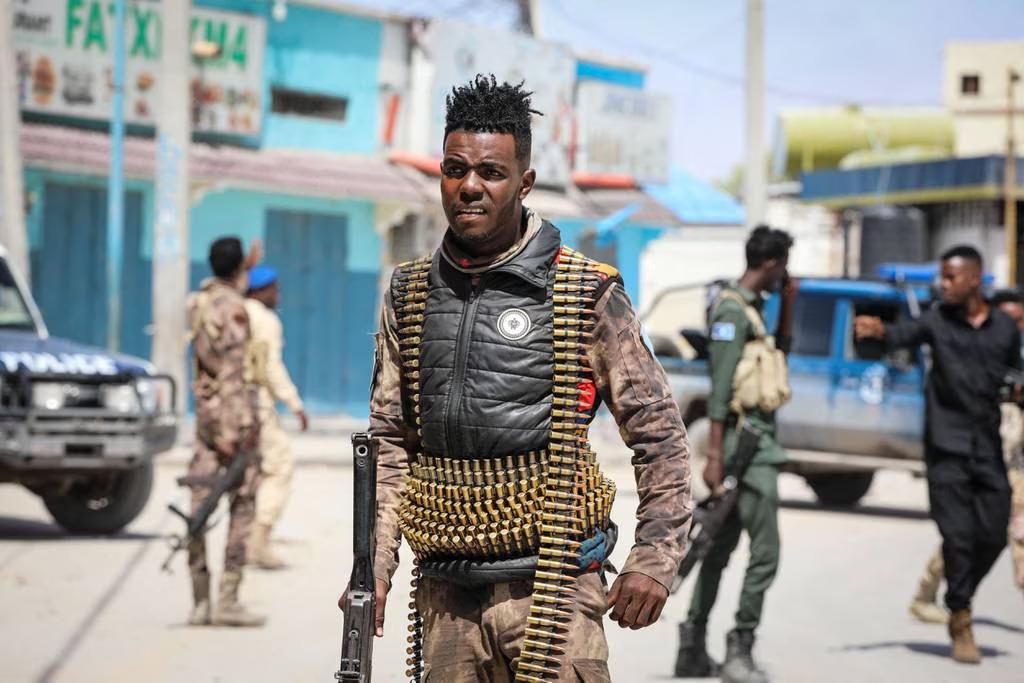
The U.S. is mounting an increasing blitz of air attacks and military missions against Islamist terrorists in Somalia to reduce the real threat of jihadi attacks on the U.S. homeland. The terrorists are said to